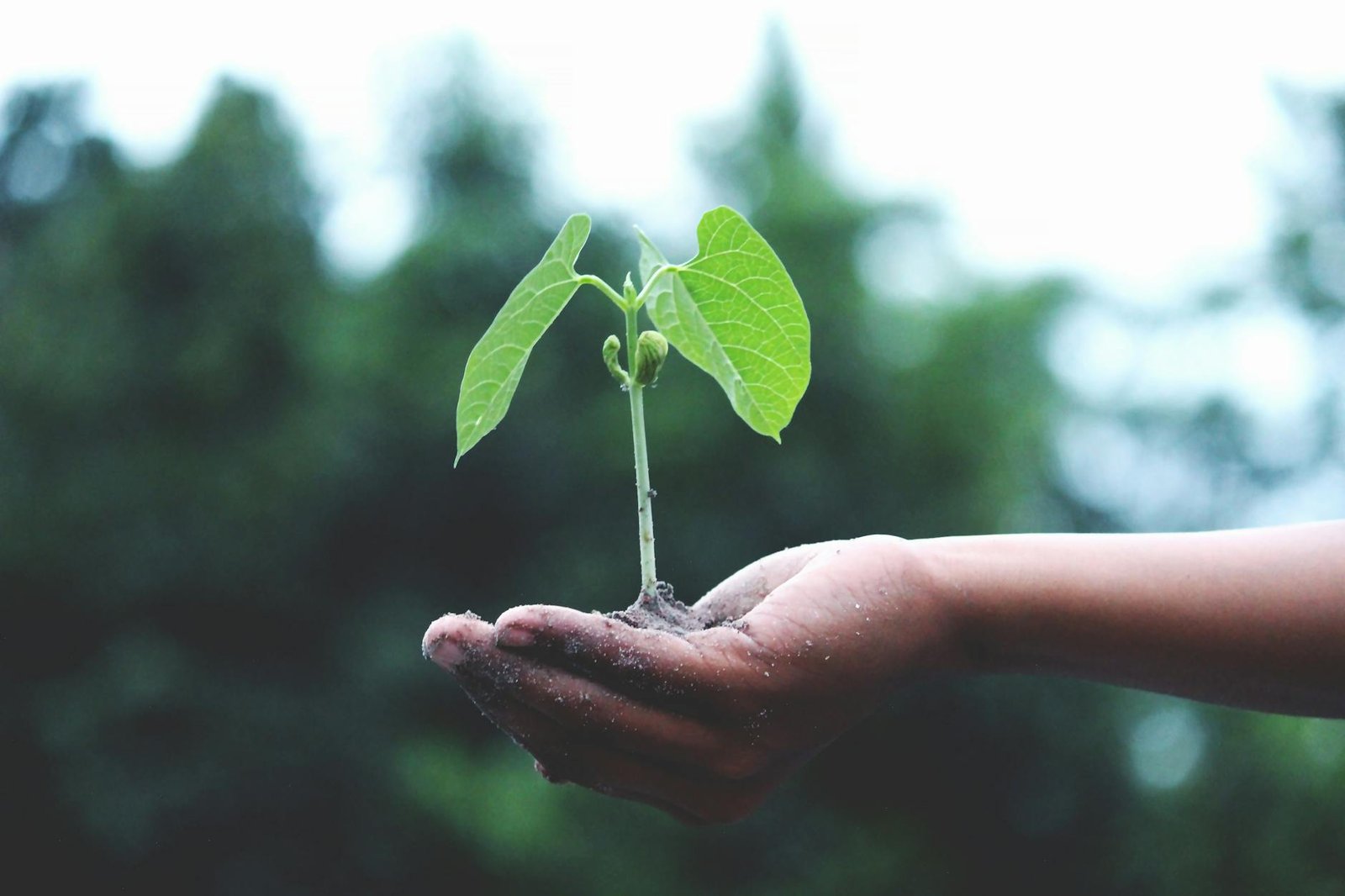Are you interested in sustainable off-grid living? Embracing an eco-friendly lifestyle while living off the grid can greatly reduce your environmental impact. This guide will explore essential practices to help you thrive sustainably while enjoying the freedom and independence of an off-grid lifestyle.
Sustainable Off-Grid Living Challenges
When you choose sustainable off-grid living, you face the challenge of minimizing your environmental impact while maintaining a comfortable lifestyle. This balancing act requires innovative solutions and a commitment to eco-friendly practices. However, the rewards are substantial, including reduced utility costs, a smaller carbon footprint, and a deeper connection with nature.
Composting: Transforming Waste into Gold
Composting is a cornerstone of sustainable off-grid living. Despite common misconceptions, it’s a simple process that can be done even in small spaces. By composting kitchen scraps and yard waste, you can create nutrient-rich soil for your garden, reducing the need for chemical fertilizers and improving soil health. This not only supports plant growth but also helps sequester carbon, making it a vital practice for anyone serious about sustainable living.
Organic Gardening: Cultivating a Sustainable Oasis
Organic gardening is crucial for sustainable off-grid living. Avoid synthetic pesticides and fertilizers to foster a thriving garden ecosystem. Techniques like raised beds and container gardening can help you grow a sustainable food source. By planting a diverse range of crops, you can enhance biodiversity, support pollinators, and create a resilient garden that can withstand pests and diseases naturally.
Water Conservation: Harvesting and Reusing for a Sustainable Future
Water conservation is another critical aspect of sustainable off-grid living. Implementing rainwater harvesting systems and using greywater for irrigation can significantly reduce your dependence on external water sources. By practicing water-wise gardening techniques, such as mulching and using drought-resistant plants, you can make the most of your water resources and ensure a steady supply even during dry periods.
Renewable Energy: Powering Your Off-Grid Home Sustainably
Harnessing renewable energy is essential for reducing your carbon footprint in sustainable off-grid living. Solar panels, wind turbines, and micro-hydro systems can provide reliable, clean energy for your home. By combining these technologies with energy-efficient appliances and practices, you can minimize your energy consumption and reliance on fossil fuels, contributing to a more sustainable future.
Waste Reduction: Embracing Minimalism for Maximum Impact
Adopting a minimalist mindset is vital for waste reduction in sustainable off-grid living. Focus on quality over quantity and make conscious consumption choices. Utilize reusable items and DIY solutions to minimize waste effectively. This approach not only reduces the amount of waste you generate but also fosters a sense of mindfulness and appreciation for the resources you have.

Building with Sustainable Materials
Building with sustainable materials is another key component of off-grid living. Using materials like reclaimed wood, straw bales, and earthbags can reduce the environmental impact of your construction projects. Additionally, designing energy-efficient homes with passive solar heating, natural ventilation, and proper insulation can further enhance your sustainability efforts.
Taking Small Steps for Big Change
In sustainable off-grid living, every small step counts. Implementing eco-friendly practices such as composting, organic gardening, water conservation, and waste reduction can significantly lower your environmental footprint. Embrace these changes to create a positive impact while enjoying an off-grid lifestyle.
Building a Sustainable Network
Connecting with like-minded individuals and communities can enhance your sustainable off-grid living experience. Sharing knowledge, resources, and support can lead to innovative solutions and a stronger, more resilient off-grid network. Participate in local workshops, online forums, and community events to stay informed and inspired.
Conclusion: Sustainable off-grid living is a rewarding lifestyle choice that benefits both you and the planet. By incorporating eco-friendly practices, you can thrive off-grid while minimizing your environmental impact. Start your journey towards sustainable off-grid living today and enjoy the independence, self-sufficiency, and environmental stewardship that comes with it.
For more information on sustainable off-grid living, visit OffGridGenie.com.

